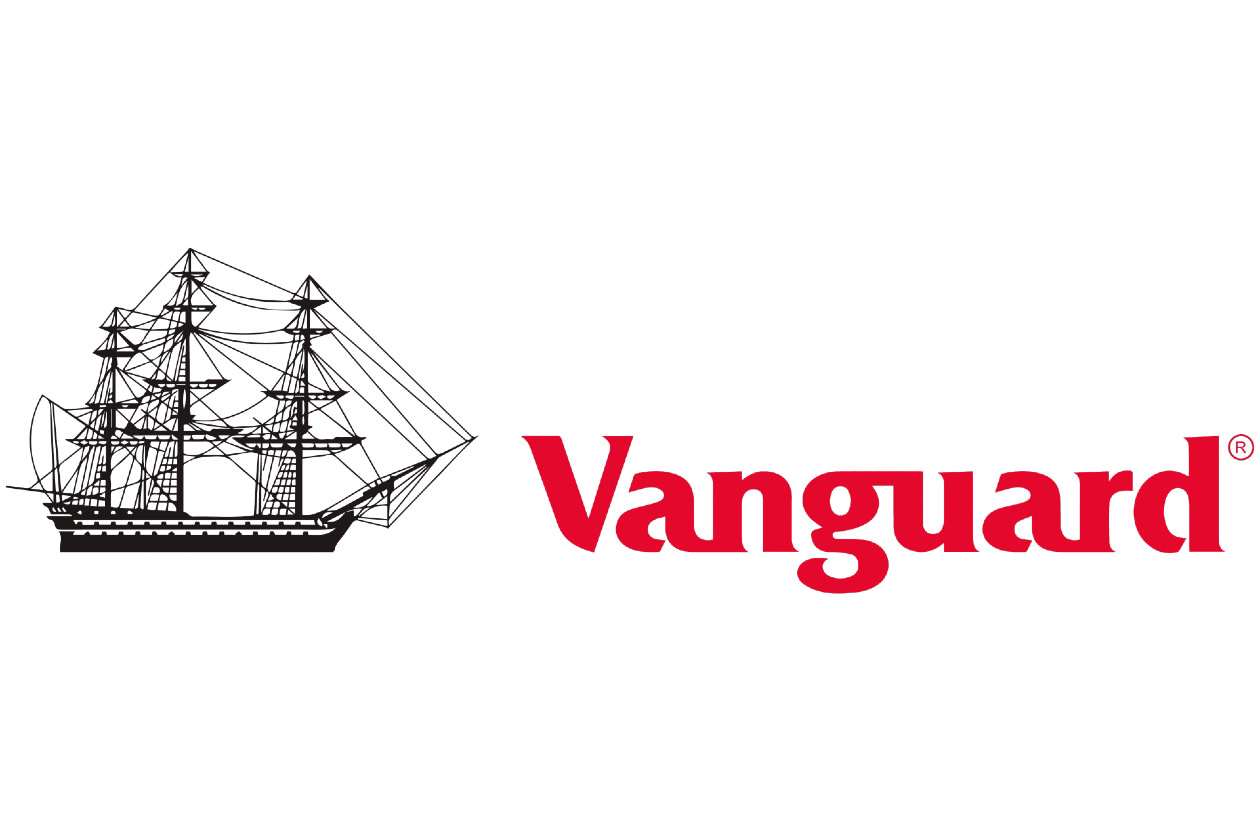Vanguard is a pioneer in index investing and launched its first ETF in 2001
This ETF invests a significant amount in countries like Australia, South Korea, and Hong Kong
Its low charges should help it track the FTSE Developed Asia Pacific ex Japan Index closely
How it fits in a portfolio
An ETF is a basket of investments that often includes company shares or bonds. They tend to track the performance of an index such as the FTSE Developed Asia Pacific ex Japan Index and trade on stock exchanges, like shares. This means their price fluctuates throughout the day.
The Vanguard FTSE Developed Asia Pacific ex Japan ETF offers a low cost option for tracking the performance of the FTSE Developed Asia Pacific ex Japan Index. The index is made up of large and medium-sized companies in developed markets across the Asia Pacific region, excluding Japan.
An ETF is one of the simplest ways to invest and can be a low-cost starting point for an investment portfolio aiming to deliver long-term growth. Given the regional exposure, this ETF could add diversification to the Asian portion of a global investment portfolio and sit alongside other funds focused on regions such as the UK, US or Europe.
Manager
Vanguard is a pioneer when it comes to passive investing, having created the first retail index fund over 45 years ago. It now runs some of the largest index funds in the world. Given its size, it has a big investment team with the expertise and resources to track indices and markets as closely as possible, while having scale to keep costs down.
Vanguard ETFs are run by a large, global team. They’re spread across three investment hubs around the world – the US, UK and Australia. This team-based approach means there’s no named manager on the ETF. As a collective team, Vanguard has run this ETF for 11 years.
Vanguard also has a trading analytics team, which is responsible for ensuring the ETFs buy and sell investments efficiently and at a competitive cost. This involves analysing data from different brokers and banks. Lower costs should help the ETFs track their benchmarks as tightly as possible.
Process
This ETF aims to track the performance of the FTSE Developed Asia Pacific ex Japan Index, which includes around 400 companies. It does this by investing in every company in the index and in the same proportion. This is known as full replication and can help the ETF closely match the performance of the benchmark.
Most of the ETF is invested in Australia, South Korea and Hong Kong, which make up 46.9%, 30.2% and 13.1% of the fund respectively. The rest is invested in Singapore and New Zealand. Sector wise, financials, basic materials and telecommunications account for just over half of the ETF.
Reducing costs is a key part of keeping the tracking difference between the ETF and the benchmark to a minimum. In any ETF, factors like taxes, dealing commissions and spreads, and the cost of running the ETF all drag on performance. To help keep these costs down, the team aims to make large investments in companies instead of lots of small transactions.
Vanguard will also lend some of the investments in the ETF to other providers in exchange for a fee, which can be used to offset some of the costs. They will only lend securities to a limited number of high-quality approved dealers. They indemnify the fund against any loss from this process, meaning there should be no negative impact on investors. However, stock lending is a higher risk approach.
As this ETF is listed offshore investors are not usually entitled to compensation from the UK Financial Services Compensation Scheme.
Culture
Vanguard is currently the second largest asset manager in the world and runs around $8.6trn of assets globally as of March 2024. The group aims to put the client at the forefront of everything it does, which drives its focus on quality, low-cost index products.
John Bogle, known as Jack, founded Vanguard in 1975 and it’s owned by investors. This allows Vanguard to redirect its profits back to investors in the form of lower fees, instead of paying dividends to external shareholders. Bogle believed in creating products that simply track the performance of a market rather than taking a shot at picking individual companies which may beat them.
The team running this ETF works closely with other equity research and risk departments across the business. They have daily and weekly meetings to discuss ongoing strategy which could add good support and challenge on how to run the ETF effectively.
ESG Integration
Vanguard is predominantly a passive fund house. While it has offered exclusions-based passive funds for many years, it has lagged peers in offering passive funds that explicitly integrate Environmental, Social and Governance (ESG) criteria by tracking indices that tilt towards companies with positive ESG characteristics, and away from those that don’t.
Vanguard’s Investment Stewardship team carries out most of the firm’s voting and engagement activity. Their stewardship activity is grounded in the firm’s four principles of good governance: board composition and effectiveness, oversight of strategy and risk, executive compensation and shareholder rights. The Stewardship team produces frequent insights on their engagement activity at both a corporate and governmental level.
Vanguard courted controversy in 2022 when it left the Net Zero Asset Managers’ Initiative, a group of asset managers that have committed to achieving net zero carbon emissions by 2050. It claimed its decision would improve clarity for investors and allow it to speak independently. We view this as a disappointing backward step, but we’re encouraged that they will continue to engage with companies on climate-related issues.
The Vanguard FTSE Developed Asia Pacific ex Japan ETF tracks an index that does not specifically integrate ESG considerations or exclude sin stocks such as those involved in weapons or tobacco.
Cost
The ETF currently has an ongoing annual fund charge of 0.15%. The annual charge to hold ETFs in the HL ISA or SIPP is 0.45% (capped at £45 p.a. in the ISA and £200 in the SIPP). There are no charges from HL to hold ETFs within the HL Fund and Share Account or HL Junior ISA. Ensuring an ETF has a low charge is an important part of tracking the underlying index closely.
As ETFs trade like shares, both a buy and sell instruction will be subject to the HL share dealing charges.
Performance
Since launch in May 2013, the ETF has done a good job of tracking the index, returning 78.32%*. As expected from an ETF, it’s lagged the benchmark over the long term because of the costs involved. However, the tools used by the managers have helped to keep performance close to the index. Remember, past performance isn’t a guide to future returns.
Over the last 12 months, the ETF rose 7.93% which is in line with the performance of the index it tracks. The 10 biggest companies in the index currently make up 35% of the ETF. How these companies perform will play a bigger part in the performance of the index and ETF compared with some of the smaller holdings.
There were strong gains in the Australian banking sector over the year as banks have benefited due to higher interest rates on the loans they have issued. This boosted Australia’s stock market, which was the best performing market in the index and meant that the financials sector contributed the most to the ETF’s performance during this time.
Technology had the highest returns of any sector but makes up a smaller portion of the ETF so doesn’t have as much impact on overall performance. South Korea’s SK Hynix, the world’s second largest maker of memory chips and a leading supplier of semiconductors, rose over 100% in the year due to significant advancements in Artificial Intelligence (AI). SK Hynix is a key supplier to Nvidia, the $3trn company that dominates the AI chip market.
On the other hand, companies in the basic materials and industrials sectors detracted from performance, while Hong Kong’s stock market delivered negative returns and was the worst performing market in the index. As Hong Kong is heavily reliant on China’s economy, it has been dragged down by China’s weak post Covid recovery and struggling property sector.
Given Vanguard’s size, experience and expertise running ETFs, this ETF should continue to track the index well in future, though there are no guarantees.
Annual percentage growth
Jun 19 – Jun 20 | Jun 20 – Jun 21 | Jun 21 – Jun 22 | Jun 22 – Jun 23 | Jun 23 – Jun 24 | |
|---|---|---|---|---|---|
Vanguard FTSE Developed Asia Pacific ex Japan ETF | -5.61% | 29.65% | -11.17% | 2.73% | 7.93% |


